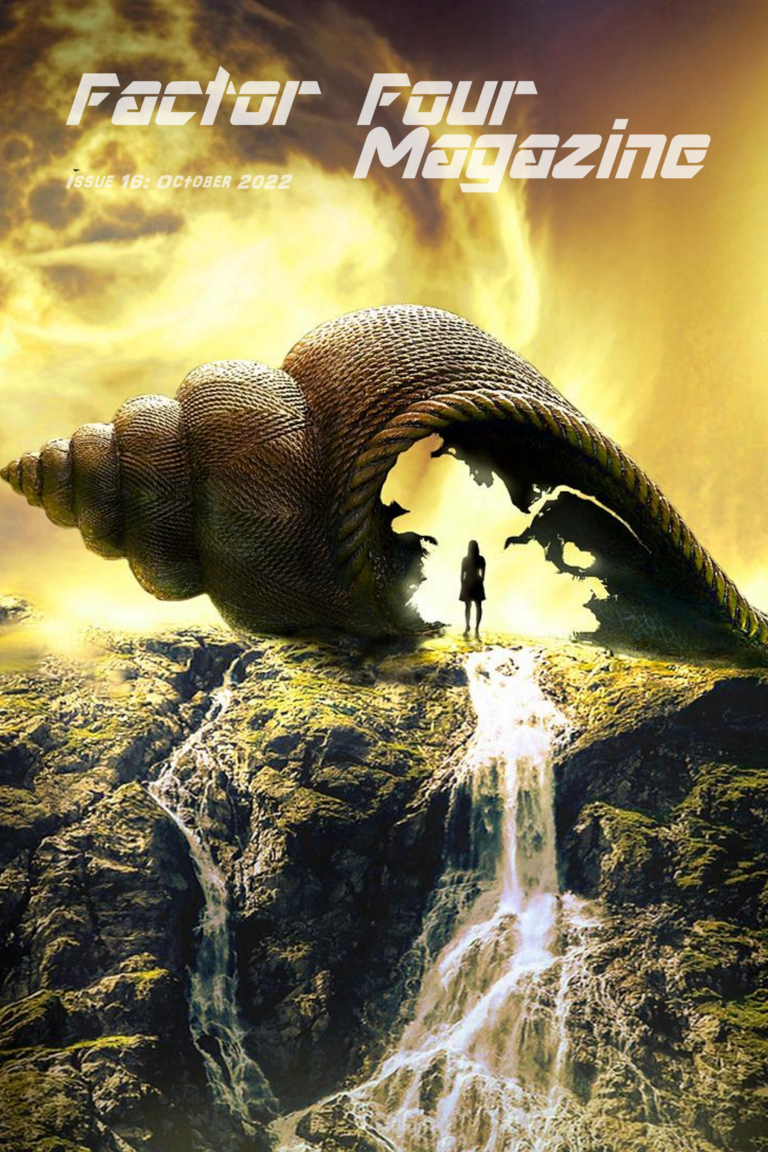A Book in Winter by Michael Haynes

There’s a book on my bookshelf, “Green Summer, Orange Leaves, Purple Lives” by Gina Marshall, a library book I checked out years ago and never managed to return. It sits there, nestled between a handful of cookbooks I’ve acquired over the years and failed to use and the Bible I was given on the day of my first Communion.
The day I checked the book out was frigid and snowy and my bus had broken down almost a mile from where I worked. The driver said another bus was on its way but I only had an hour until my shift and, having gotten a second warning already from Mr. Pomfrey, I couldn’t risk being late. So even though I’d left the apartment wearing just my Clucky’s Chicken uniform and a windbreaker I hopped off the bus and started down the slushy sidewalk.
Minutes later, skin numb, eyes watering, I stumbled into a library. Long rows of shelves stretched back through the fluorescent-lit room. There were no other patrons and there was a sense of quiet there more profound than any I could recall. An old woman sat behind a desk; the sign above it read “Information.” She was reading a book and only briefly glanced up at me.
I rubbed my hands together, trying to get warm. Even the sound of this action felt loud in the deeply-silent space of the library. Feeling terribly out of place and worried I might be asked to leave if I seemed to be loitering, I started looking at the tidy displays of books placed here and there around the front of the room. I didn’t see any familiar authors, no Grisham, King, Steele, no Dickens or Austen. I picked one book up, flipped through it idly, saw it was a book of poems, and set it down.
“That’s a good one,” the librarian said, suddenly by my side.
“Oh,” I said. “I don’t know…” I stopped. I’d been about to say that I wasn’t planning to borrow a book but the fear of being kicked out, even if I was about to leave anyway, returned, making my stomach churn. I reached for the book quickly and said I’d browse a little more.
After soaking up as much warmth as I dared, I headed for the librarian’s station. I handed her the book and realized I had a perfect excuse to leave without it. “I don’t have my library card,” I told her.
She smiled. “I’m sure you’re in the system, dear. What’s your name?”
Suppressing a sigh, I told her. She clicked a few keys, nodded, then handed the book over to me. I thanked her and headed back out into the cold.
That evening, when I got back to my apartment, I found my mother collapsed on the floor, breathing but staring off at nothing. I called 911 and held her as we waited.
“Tell me something beautiful,” she said.
I couldn’t think of anything beautiful — not after a day of deep fryers and exhaust-tinged slush and overdue bills.
I’d thrown my bag to the floor when I ran to her side and the library book had popped out. I reached for it and flipped it open, scanning the first poem quickly to make sure it wasn’t grim and ugly.
It was beautiful. I read it to her, read the next one, too, and the next. Over the next three days, I read her every poem in that book a dozen times as I sat at her hospital bedside.
When her fight was over, I was too numb to worry about returning a library book. Eventually, afraid of late fees I couldn’t afford, I took it with me when I was heading to work one day and got off the bus early, retracing my steps, my eyes scanning storefronts for the library I’d ducked into on that bitter day.
I got all the way to Clucky’s without finding it. Could that branch have had so few patrons that it closed? The next time I had a day off, I took a different bus to the big downtown library.
I explained the situation to one of the librarians there. She took the book from me and flipped to its back cover, then checked inside the book.
“This isn’t one of ours,” she said, handing it back to me.
I realized now that though the book had a plastic cover over its dust jacket and some stickers, there were no bar codes or stamps showing what library it belonged to.
I asked if she could help me find out where to return the book. She checked her computer and frowned.
“I’m sorry,” she said. “I don’t see this title listed at any of the libraries in the state.”
As I rode the bus home, a growing curiosity led me to search the internet. I couldn’t find any book named “Green Summer, Orange Leaves, Purple Lives” or any poet named Gina Marshall.
There’s a book on my bookshelf, a book that doesn’t exist, written by a poet who doesn’t exist, borrowed from a library I’ve never been able to find again. It sits there between the few other books I own. Every day I take it out, read a few pages, and remember reading it to my mother, helping her find a small bit of beauty as the darkness closed in around her.





